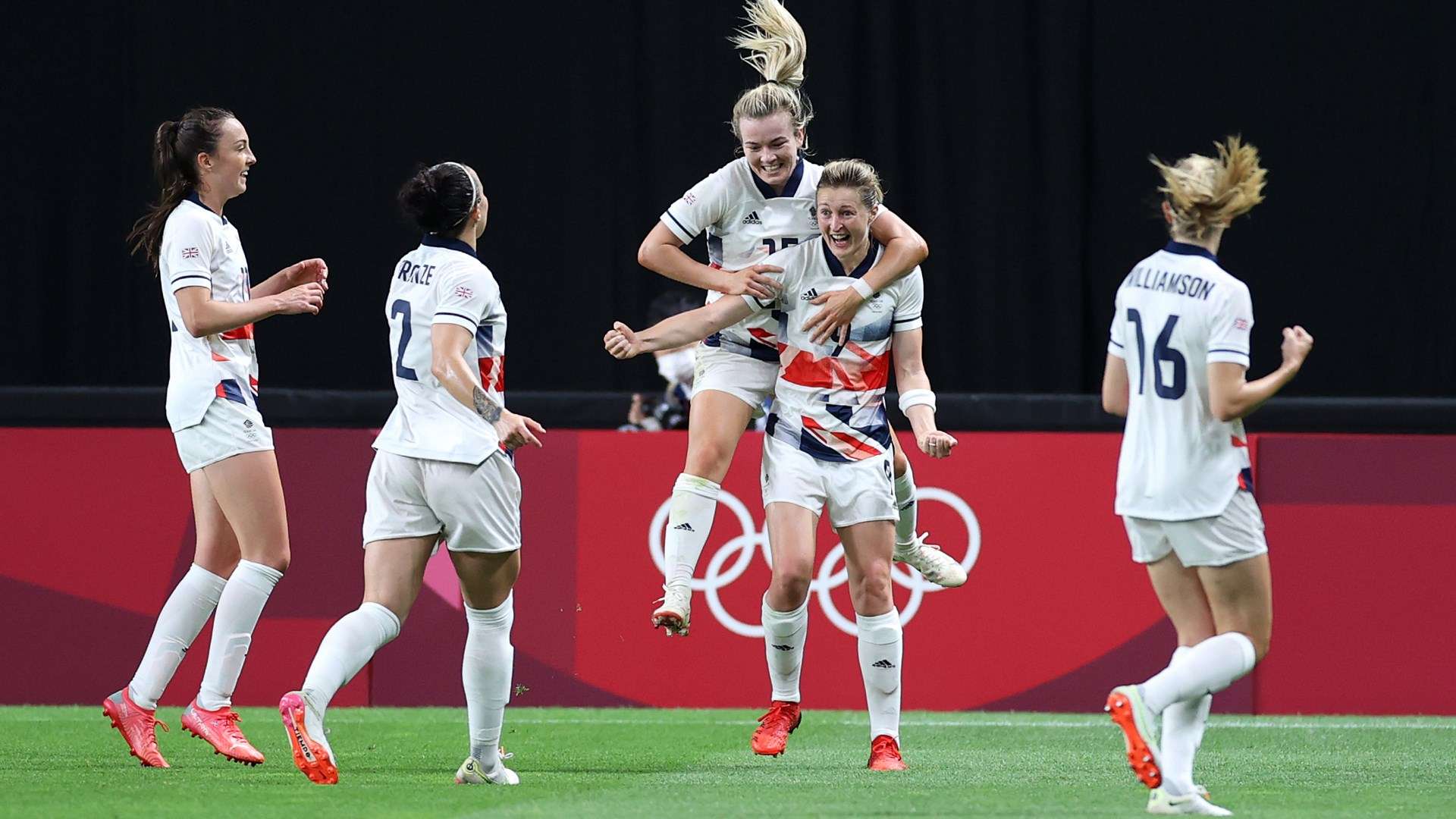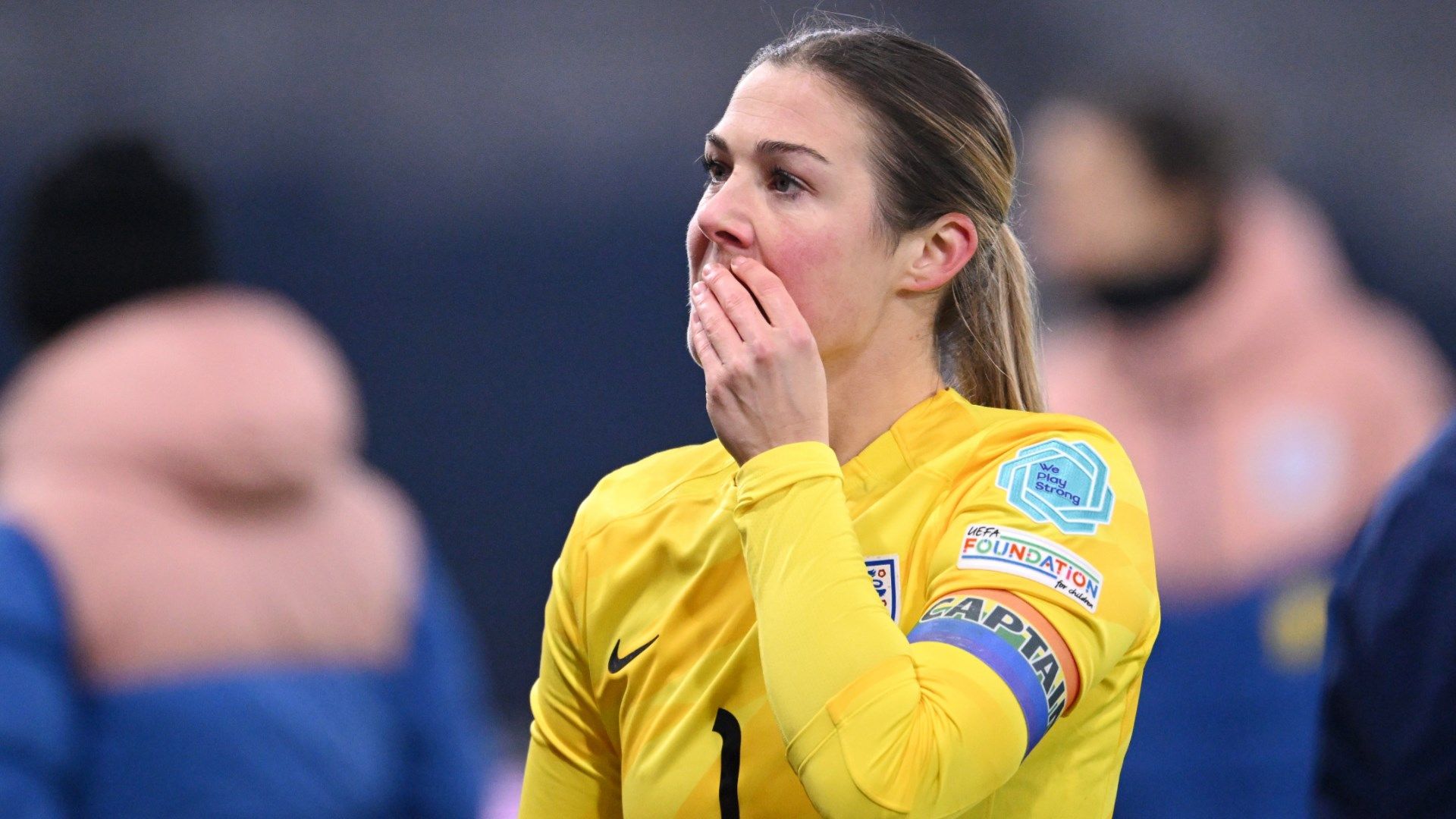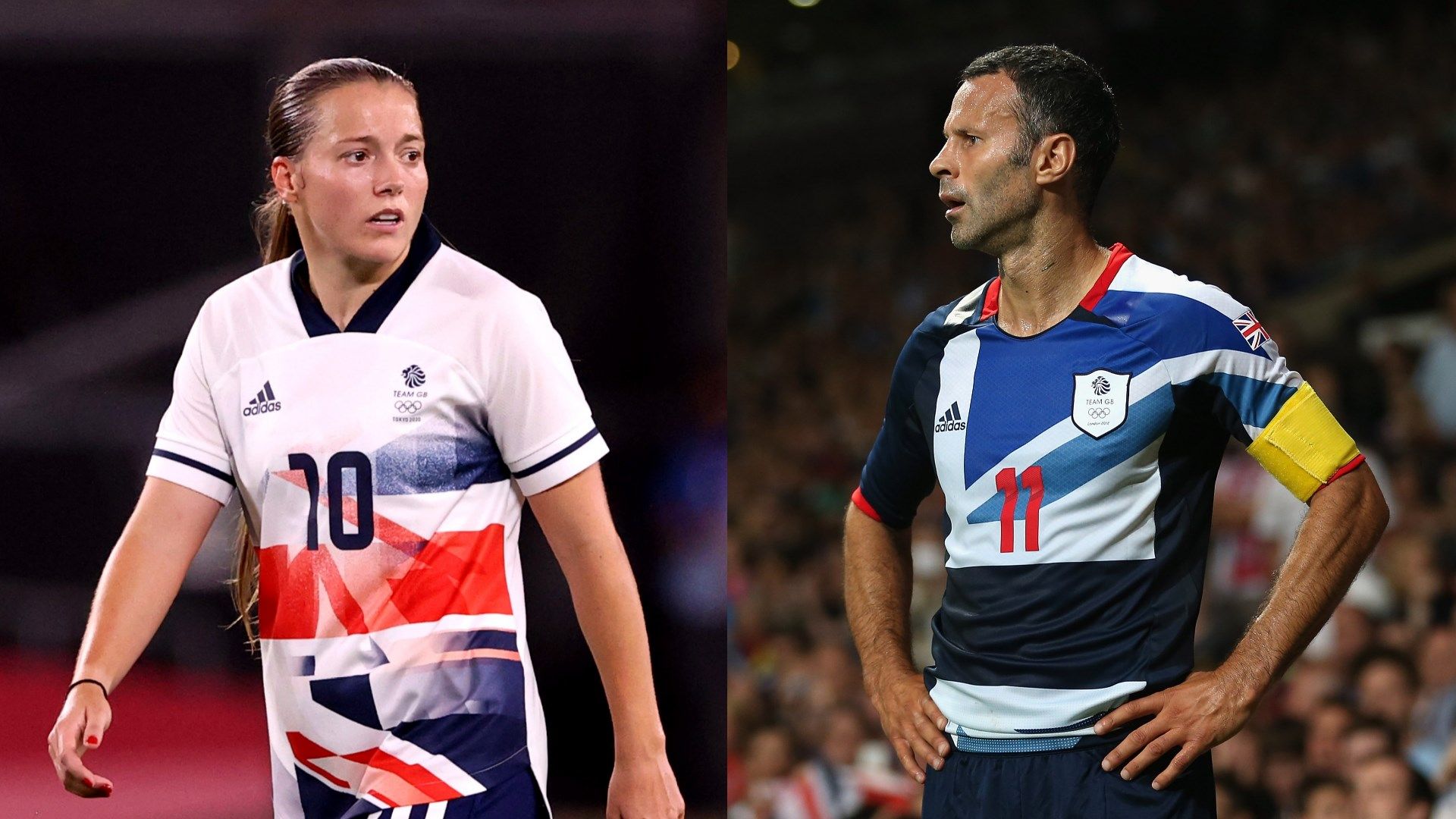Great Britain have a great record when it comes to football at the Olympics, yet there will be no Team GB side in the men's or women's tournaments in France this summer. It has become quite a familiar occurrence as only once since 1960 has a men's team participated at the Games, while Great Britain have competed just twice in the women's event since it was introduced back in 1996.
The talent pool that Team GB would be able to choose from is huge. England have had remarkably consistent results in major tournaments in recent years on the men's and women's sides, but there have also been success stories for Scotland, Wales and Northern Ireland, with all three also boasting top-quality players who would be well in the mix.
So why will Team GB not feature in the men's or women's football tournaments at the 2024 Olympics Games? GOAL takes a look...
What is Great Britain's Olympic football record?
The men's football tournament at the Olympics has been running since 1900 and it was Team GB who reigned supreme at that inaugural event some 124 years ago. That was the first of three gold medals, with further success coming in 1908 and 1912. No nation has stood on top of the podium more. After that, Great Britain remained a regular at the tournament but struggled to replicate early success, a best run after 1912 coming at the Games hosted by London in 1948. There, Team GB finished fourth.
On the women's side, it wasn't until 2012 that a team was entered, the event have been added to the Games in 1996. That was to mark the occasion of a home Olympics, with a men's team also put together for the first time since 1960. While a men's team hasn't happened again since, the women made a second appearance in the Olympics in 2020 and experienced the same result as 2012, losing in the quarter-finals.
 Getty Images
Getty ImagesWhy is there no Team GB men's football team at the 2024 Olympics?
The reason for just one Team GB men's football team in the last 64 years has often come down to needing all of the home nations - England, Scotland, Wales and Northern Ireland - to agree on fielding a side. While the Olympics has all four countries competing as Great Britain, they compete as individual nations in FIFA and UEFA competitions and have their own respective Football Associations (FAs).
It has been suggested in the past that Scotland, Wales and Northern Ireland feared that their independence in FIFA and UEFA tournaments would be risked if they continued competing as a single entity in the Olympics. However, any concerns were put to one side for a special one-off team for London 2012, which featured the likes of Daniel Sturridge, Craig Bellamy, Ryan Giggs, Micah Richards and Aaron Ramsey.
In the build up to Rio 2016, there was talk of putting together another men's football team for Great Britain, but the four respective FAs failed to come to an agreement and the topic has hardly been raised since.
.jpg?format=pjpg&auto=webp&width=3840&quality=60) Getty Images
Getty ImagesWhy is there no Team GB women's football team at the 2024 Olympics?
On the women's side, circumstances are quite different. For starters, the event is a senior event, rather than having the Under-23 rules that the men's does, and so it is treated with far more prestige. Competing nations send their strongest teams and the thirst to qualify and compete is naturally greater among the world's top players.
In qualification, England are the nominated nation for Team GB at the moment and it was the Lionesses' run to the semi-finals of the 2019 Women's World Cup that secured Great Britain a spot in the women's football tournament at Tokyo 2020. On that occasion, the home nations were able to come to an agreement and a team featuring the likes of Lucy Bronze, Leah Williamson, Sophie Ingle, Kim Little, Caroline Weir, Fran Kirby and Ella Toone travelled to Japan.
England were hopeful of securing Team GB a place at this summer's Olympics in France, too. It was something the players spoke about openly throughout the UEFA Women's Nations League, the competition that would determine Europe's representatives at the Games. However, the Lionesses were unable to qualify.
Why did the Lionesses not secure Olympic qualification for Team GB?
To enable Team GB to qualify for the Olympic women's football tournament, England first needed to finish top of their Nations League group. The four group winners in League A progressed to the competition's finals and it was there that the teams representing Europe at the Games were determined. Sadly, the Lionesses fell agonisingly short of that aim in December 2023.
England went into their final Nations League group stage match knowing that they needed to win by a significant margin to pip the Netherlands to top spot and they thought they had done enough when they beat Scotland 6-0. However, the Dutch scored a late goal against Belgium to stay ahead, topping the group thanks to a superior goal difference of eight, compared to the Lionesses' seven.
In the end, the Oranje didn't even qualify for the Games either. They lost to Spain in the semi-finals and then to Germany in the third-placed play-off, meaning those two and France, as hosts, will represent Europe in the 2024 Olympic women's football tournament.
.jpg?format=pjpg&auto=webp&width=3840&quality=60) Getty Images
Getty ImagesWill there be a Team GB men's or women's team at the 2028 Olympic Games?
Andy Anson, chief executive of the British Olympic Association, has spoken openly about wanting a Team GB men's football team at the 2028 Olympics in Los Angeles. Whether all the FAs can come together to work that out or not is another question, though.
For the women's team, England will hope to secure Team GB's qualification for the 2028 Games in Los Angeles via the Nations League, as that competition will again act as the qualifying process for teams in Europe. If the Lionesses were to achieve that, the four FAs of England, Scotland, Wales and Northern Ireland would still need to agree terms, just as would have been the case had they qualified for Paris 2024.
.jpg?auto=webp&format=pjpg&width=3840&quality=60)